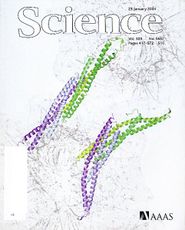Difference between revisions of "Main Page"
Jump to navigation
Jump to search
(PyMOL 2022-2023 Fellowship Date change) |
m |
||
| Line 36: | Line 36: | ||
|- | |- | ||
! POSF | ! POSF | ||
| − | | [https://pymol.org/fellowship New PyMOL | + | | [https://pymol.org/fellowship New PyMOL fellowship announced for 2022-2023] |
|- | |- | ||
! Tutorial | ! Tutorial | ||
Revision as of 21:33, 15 July 2022
| The community-run support site for the PyMOL molecular viewer. |
| To request a new account, email SBGrid at: accounts (@) sbgrid dot org |
| Tutorials | Table of Contents | Commands |
| Script Library | Plugins | FAQ |
| Gallery | Covers | PyMOL Cheat Sheet (PDF) | Getting Help |
|
|
 A Random PyMOL-generated Cover. See Covers.
|
